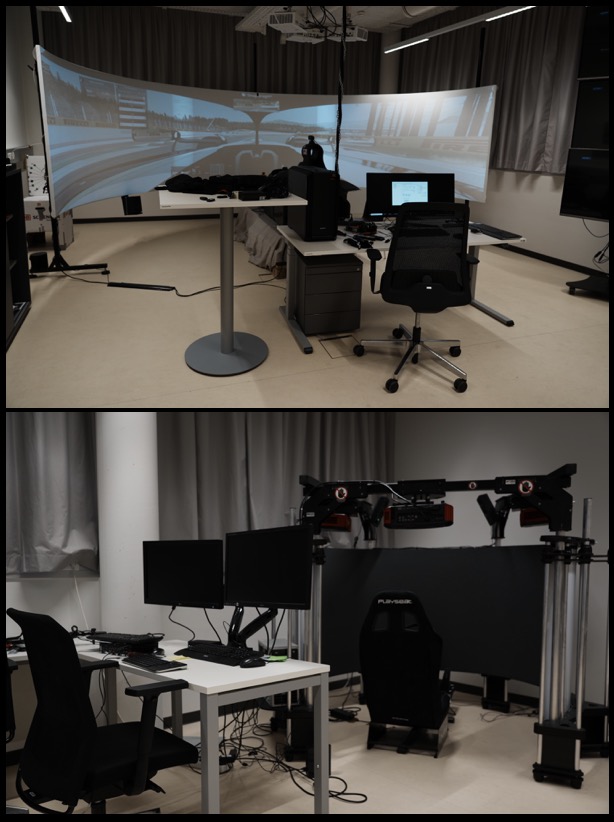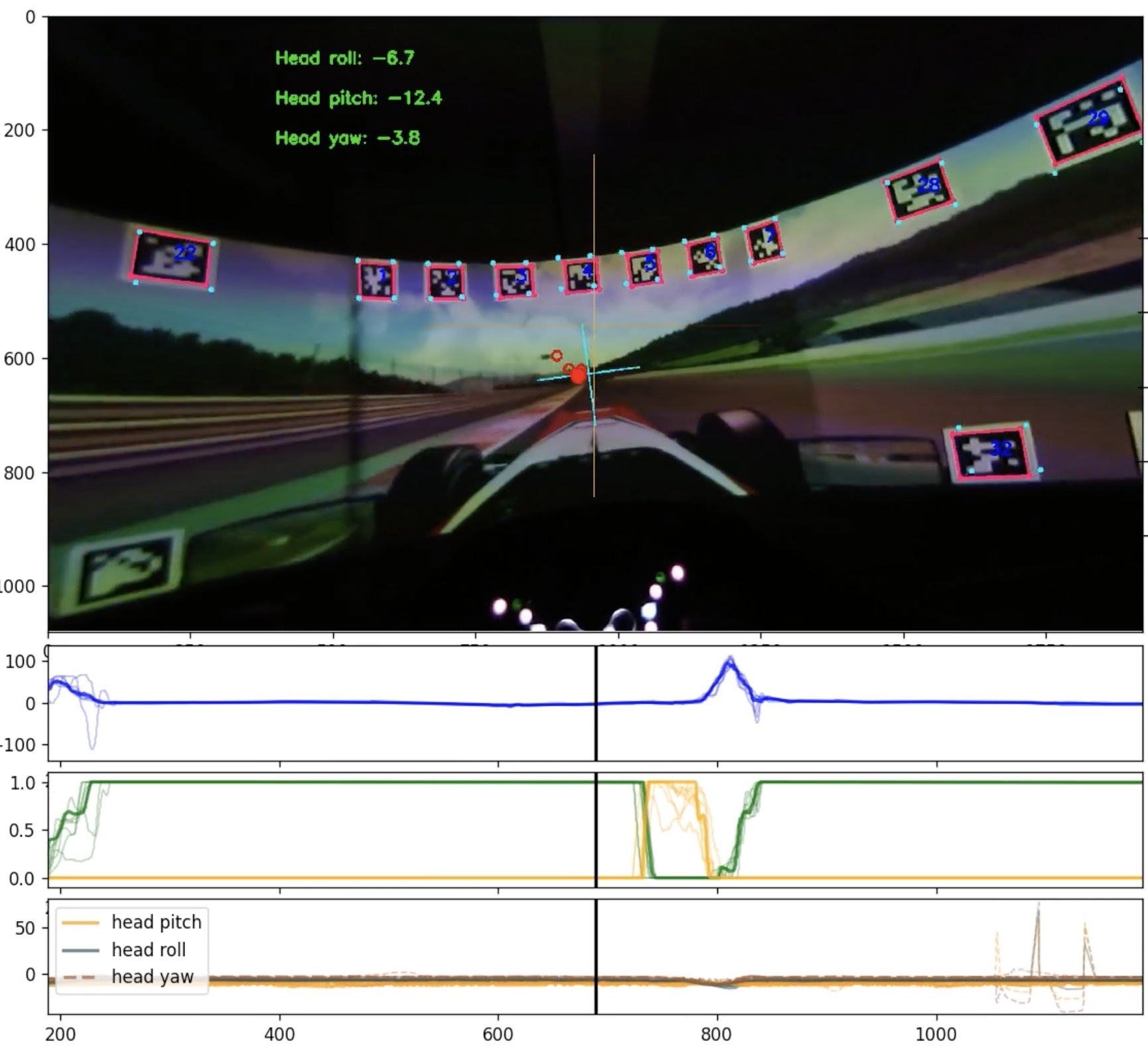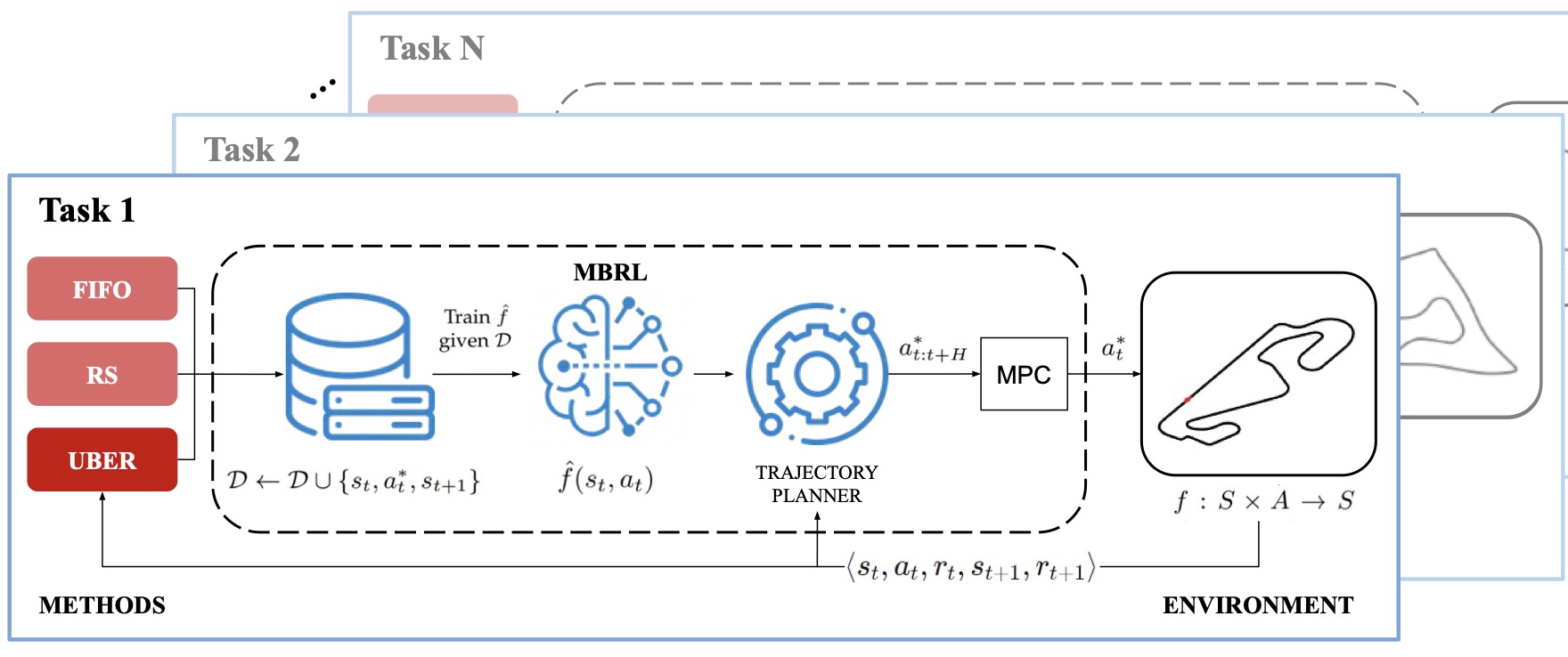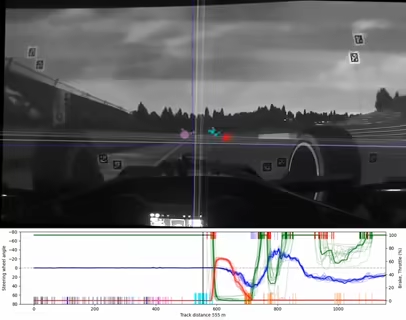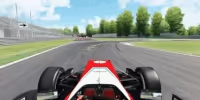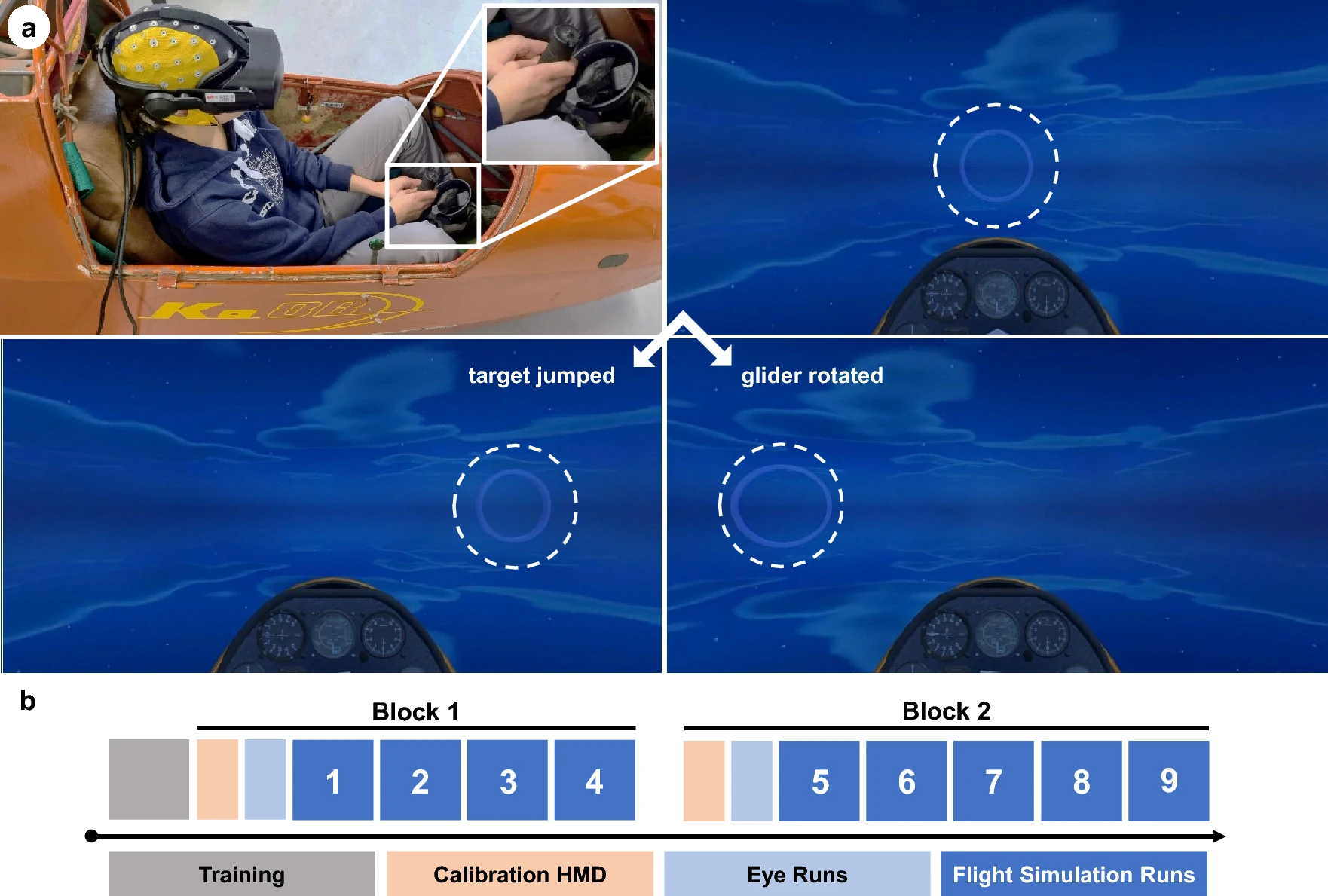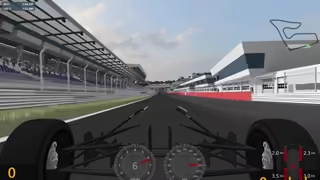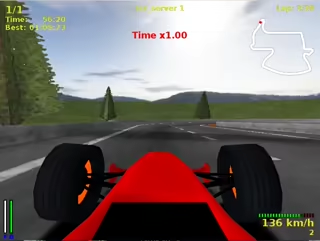At the Vehicle-Human Interaction Lab, we pioneer human-centered AI to advance high-performance tasks by fostering a bidirectional exchange between human expertise and artificial intelligence. Our mission is to understand the cognitive and physiological processes underlying elite human performance and leverage this knowledge to design AI systems that learn from and with humans. By integrating physiological sensing, cognitive modeling, and deep reinforcement learning, we aim to create AI agents capable of adaptive decision-making and skill transfer in dynamic, high-paced environments. Our work enhances safety, sustainability, and performance by testing AI-driven innovations in high-fidelity simulations and real-world applications, ensuring that AI not only learns from the best human strategies but also helps refine and extend human capabilities.
We envision a future where humans and AI collaborate seamlessly, pushing the boundaries of high-performance tasks. Through interdisciplinary research, we seek to develop AI that augments human abilities, fosters safer and more efficient decision-making, and accelerates sustainable innovation in autonomous systems and beyond.
